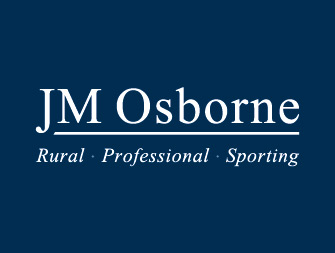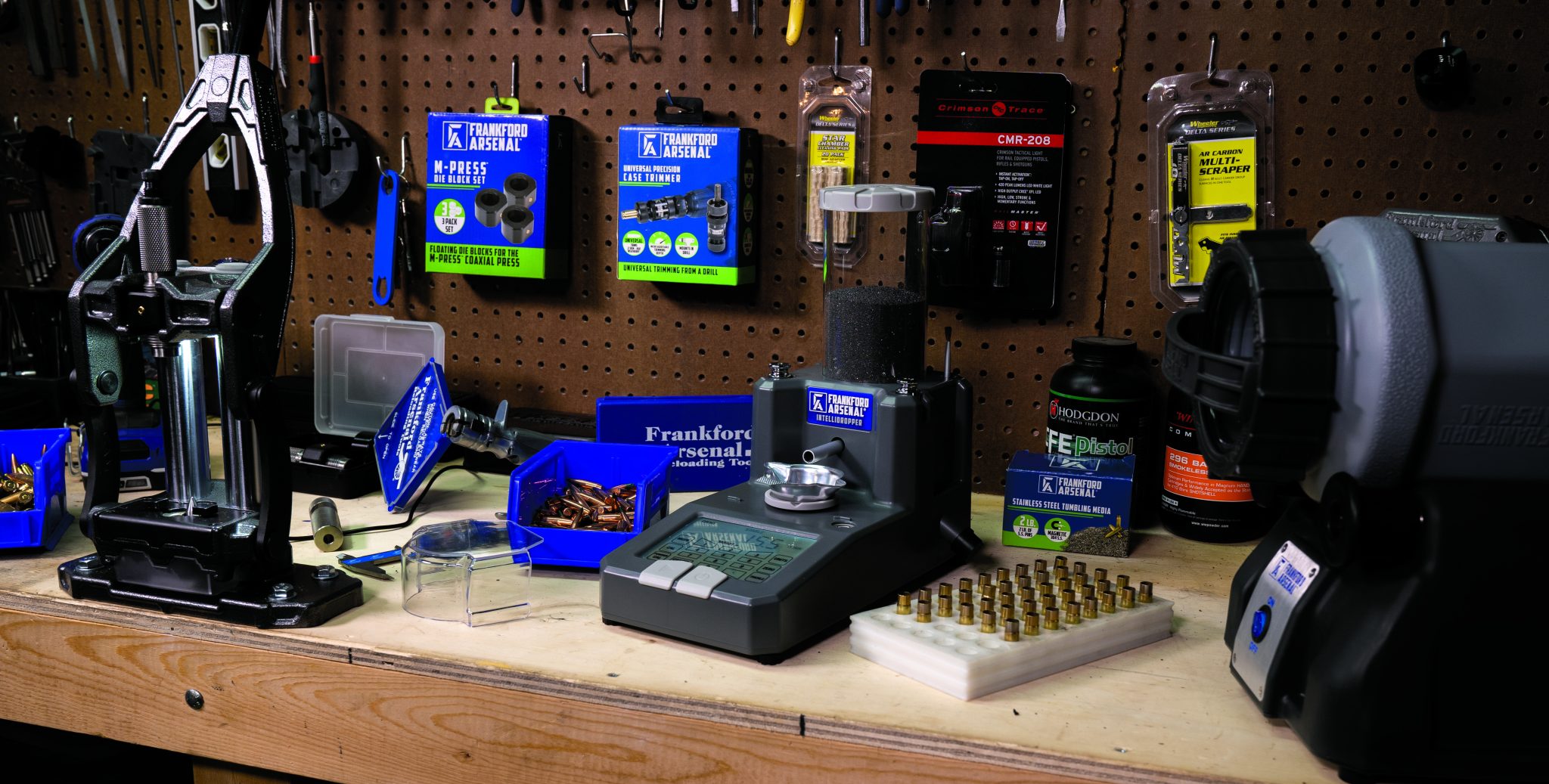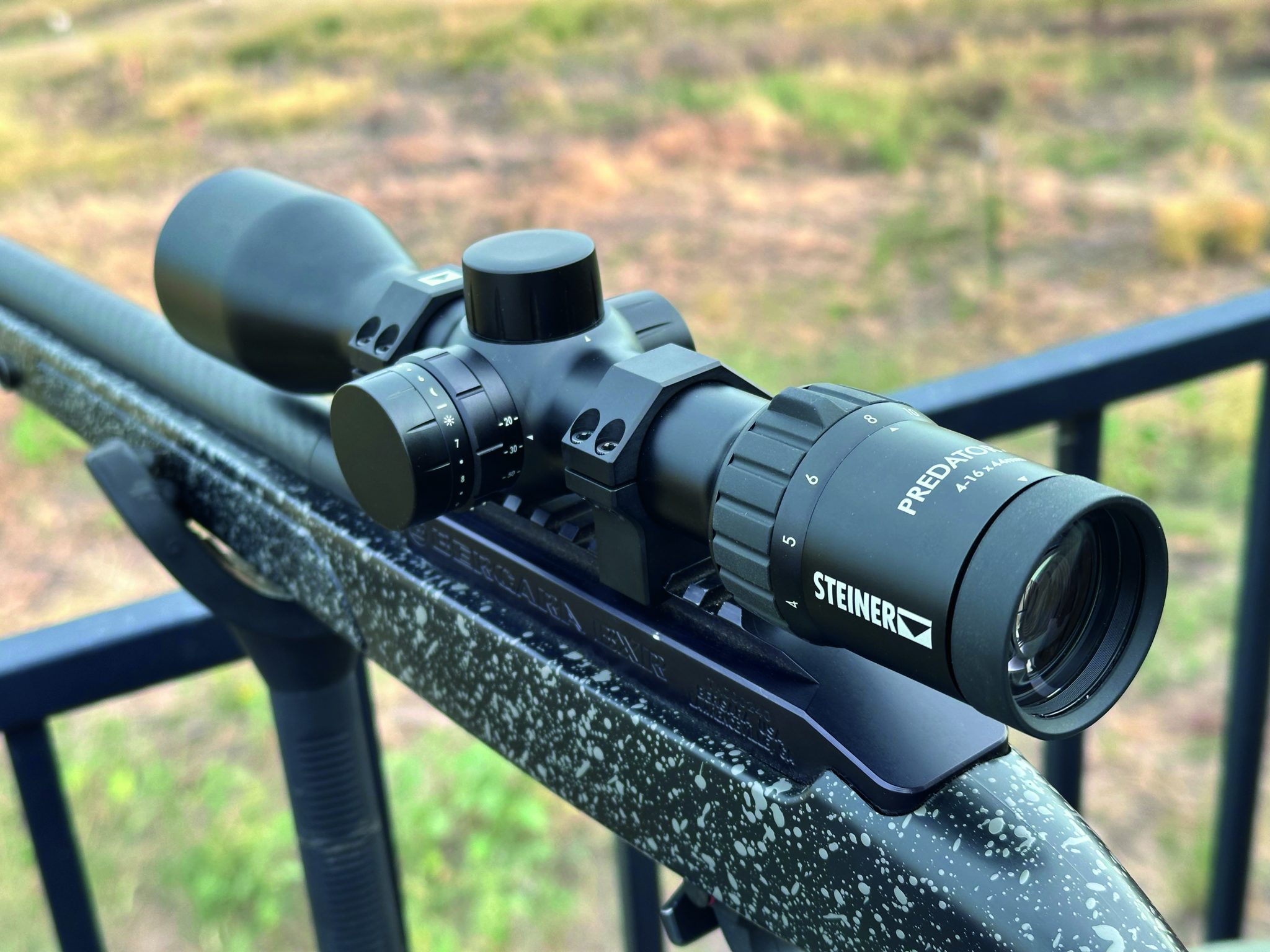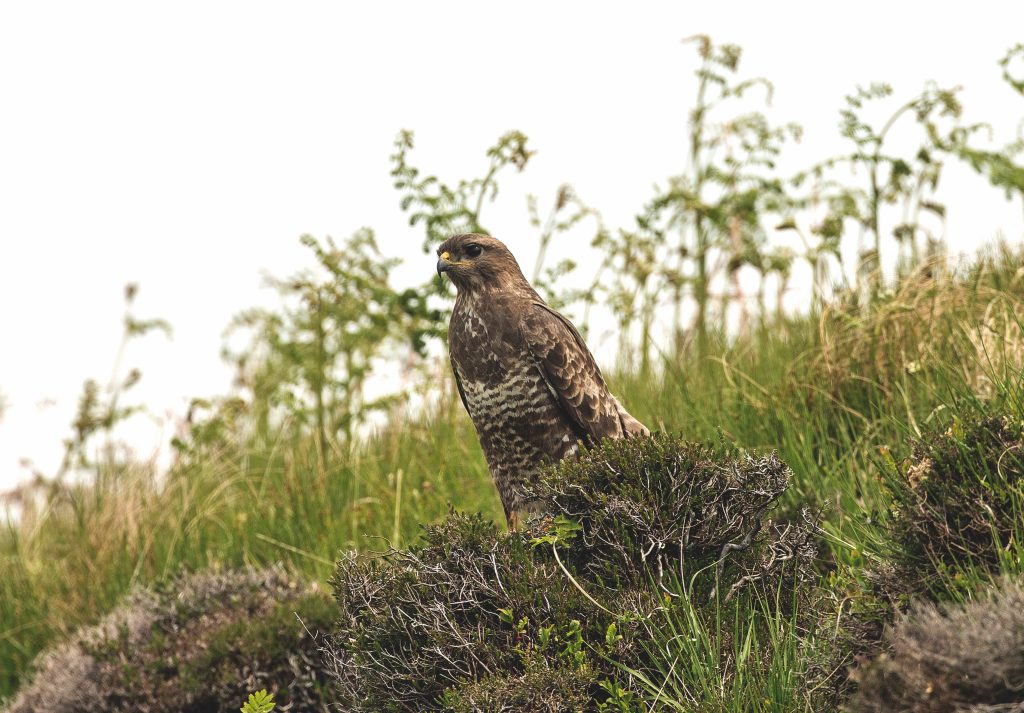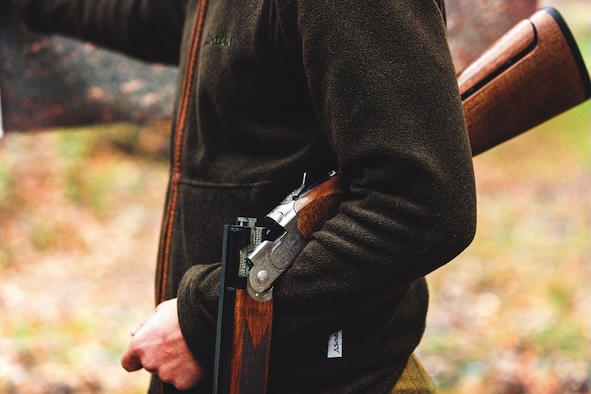The countdown is on for The British Shooting Show – book tickets online today and save on gate price!
Edward Stourton: Interview with the BBC broadcaster
Despite being born in Lagos and spending his early childhood abroad, Edward Stourton was educated here at Ampleforth, North Yorkshire, and Trinity College, Cambridge.
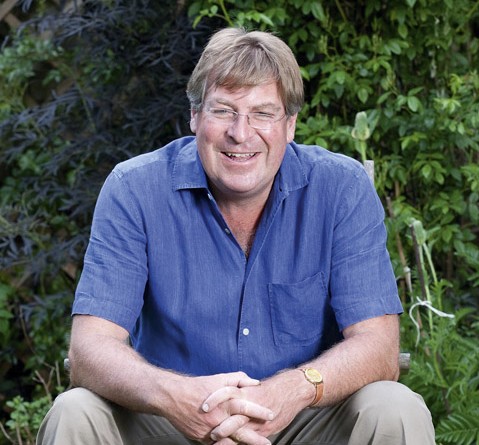
So when was he first introduced to shooting. At Ampleforth College, where he went to school?
“No. Both of my grandparents were colonial civil servants and when my grandfather was sent off to Ethiopia to advise Haile Selassie on the introduction of a British-style legal system, my mother was sent to a family in Norfolk. They had advertised for someone to share the children’s governess, which she did. She became very friendly with them and they sort of adopted her as a daughter. We used to go and stay there whenever we came back to England for the summer holidays. It was a big Norfolk estate, near Beccles. If you were there and they were shooting, somebody gave you a gun. I suppose that is how I started. When I was about 14, there were a couple of elderly gents, friends of my parents, who used to go off every year to Northern Ireland for a week’s sport. One year they said they would like someone to come along and help do the boring bits and my parents volunteered me. I was there to clean the guns, make sure the wellingtons were there and the fishing tackle was tidy. I actually caught a salmon. I spent a week thinking this is quite fun, but, since then, I tend to shoot only when it’s a country weekend, staying at someone’s house and someone hands you a gun.”
So, you’ve never really been involved with a syndicate or anything too organised?
“No. My work has never really allowed it. When I worked in television I was always off shooting in terms of filming and I spent a large amount of my life away as a foreign correspondent, so you could never be quite sure where you were going to be. I was quite happy to just dip in and dip out.”
Considering your profile as an author of seven books, the presenter of numerous BBC radio programmes, including The World at One and the Today programme, has it ever been difficult for you, as a respected media figure who shoots game occasionally?
“The BBC quite reasonably requires that we don’t take a public position on controversial matters, so I would never write a piece or make an argument publicly about shooting.”
One of the most beautiful and evocative pieces I’ve ever read about shooting was in your book It’s a PC World. So, how was last season? Any more days in the West Country?
“I did. I had a lovely day near Bittiscombe; lovely birds, very high some of them. It was a nice windy day and no silly competitiveness. We were blessed with lovely weather and some lovely pheasants and that is really my kind of shooting thing.
“I also have an old school friend in Essex who sometimes asks me for a day. They have very different contours there. Last time I went it was partridges and I was completely humiliated because I couldn’t hit any. I was next to a guy who I had mentally nicknamed ‘The Wall of Death’ because his birds just rained out of the sky while mine were just zooming over my head. The only comforting thing was he had two beautiful springer spaniels, one of whom was perfectly trained while the other one just went round and picked-up birds and put them in a pile in the corner of the field. It really was quite a levelling experience. And that is my season, it’s once or twice a year. I think shooting is enormous fun but it is not my everything and I think, as you get older, you just learn to take your pleasures in sensible doses.”
Cruel Crossing by Edward Stourton (published by Doubleday) is out now.
Related Articles
Get the latest news delivered direct to your door
Subscribe to Shooting Times & Country
Discover the ultimate companion for field sports enthusiasts with Shooting Times & Country Magazine, the UK’s leading weekly publication that has been at the forefront of shooting culture since 1882. Subscribers gain access to expert tips, comprehensive gear reviews, seasonal advice and a vibrant community of like-minded shooters.
Save on shop price when you subscribe with weekly issues featuring in-depth articles on gundog training, exclusive member offers and access to the digital back issue library. A Shooting Times & Country subscription is more than a magazine, don’t just read about the countryside; immerse yourself in its most authoritative and engaging publication.



